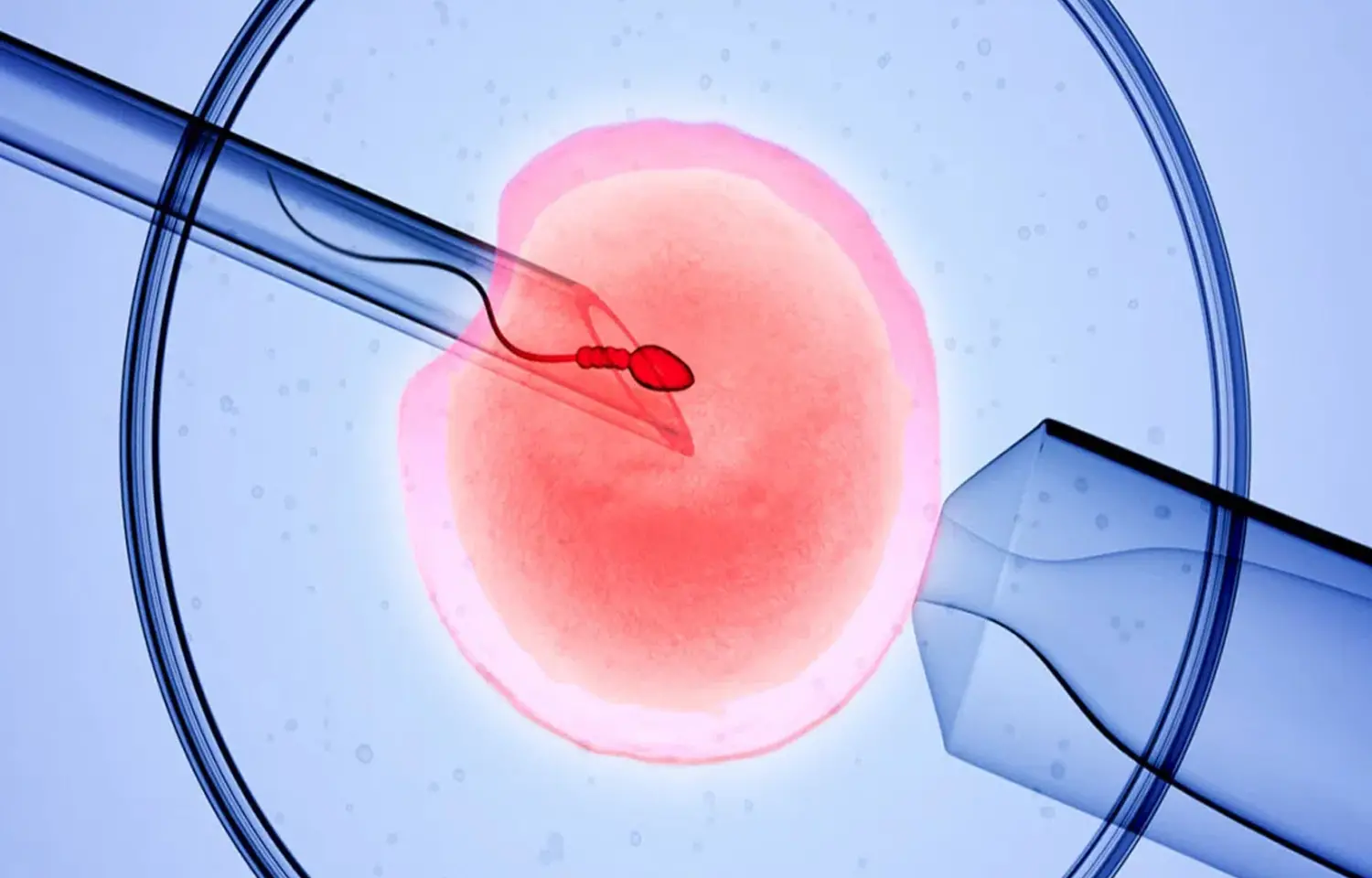- Home
- Medical news & Guidelines
- Anesthesiology
- Cardiology and CTVS
- Critical Care
- Dentistry
- Dermatology
- Diabetes and Endocrinology
- ENT
- Gastroenterology
- Medicine
- Nephrology
- Neurology
- Obstretics-Gynaecology
- Oncology
- Ophthalmology
- Orthopaedics
- Pediatrics-Neonatology
- Psychiatry
- Pulmonology
- Radiology
- Surgery
- Urology
- Laboratory Medicine
- Diet
- Nursing
- Paramedical
- Physiotherapy
- Health news
- Fact Check
- Bone Health Fact Check
- Brain Health Fact Check
- Cancer Related Fact Check
- Child Care Fact Check
- Dental and oral health fact check
- Diabetes and metabolic health fact check
- Diet and Nutrition Fact Check
- Eye and ENT Care Fact Check
- Fitness fact check
- Gut health fact check
- Heart health fact check
- Kidney health fact check
- Medical education fact check
- Men's health fact check
- Respiratory fact check
- Skin and hair care fact check
- Vaccine and Immunization fact check
- Women's health fact check
- AYUSH
- State News
- Andaman and Nicobar Islands
- Andhra Pradesh
- Arunachal Pradesh
- Assam
- Bihar
- Chandigarh
- Chattisgarh
- Dadra and Nagar Haveli
- Daman and Diu
- Delhi
- Goa
- Gujarat
- Haryana
- Himachal Pradesh
- Jammu & Kashmir
- Jharkhand
- Karnataka
- Kerala
- Ladakh
- Lakshadweep
- Madhya Pradesh
- Maharashtra
- Manipur
- Meghalaya
- Mizoram
- Nagaland
- Odisha
- Puducherry
- Punjab
- Rajasthan
- Sikkim
- Tamil Nadu
- Telangana
- Tripura
- Uttar Pradesh
- Uttrakhand
- West Bengal
- Medical Education
- Industry
COVID-19 vaccination may not impact fertility or IVF results

GEORGIA: According to a study published in JAMA Network Open, COVID-19 messenger RNA vaccines are not linked to poor fertility, ART, or early pregnancy outcomes.
Millions of people have died as a result of the global COVID-19 pandemic over the past 2.5 years, which has had an impact on every area of the global economy, most importantly the health care system. Clinical guidelines that recommended the temporary suspension of ART and the redirection of resources toward aiding the frontline fight against COVID-19 were issued in the early, pre-vaccination days of the pandemic due to a lack of resources and ignorance regarding the effects of SARS-CoV-2 infection on fertility and pregnancy.
The lethality and severity of COVID-19 have significantly decreased today, according to Lisa M. Shandley, Department of Gynecology and Obstetrics, Emory University School of Medicine, Atlanta, in great part due to the development of vaccinations against SARS-CoV-2.
In vitro fertilization pregnancy rates and the timing of COVID vaccination have only been the subject of a small number of research. There are several recommendations for when to start attempting to conceive after having a COVID-19 vaccine, from as soon as feasible to postponing for up to 2 months. There is little knowledge on the relationship between the vaccine and oocytes, sperm, embryo development, and early stages of pregnancy. Antibody building against SARS-CoV-2 requires time.
There is no connection between the COVID-19 immunization and fertility, according to earlier research. Other studies have shown that vaccination causes a clear immunological response, as well as variations in metabolite levels in follicular fluid and normal ovarian function.
This observational cohort study sought to examine the relationship between the interval between receiving the first dose of the inactivated COVID-19 vaccination and the likelihood of becoming pregnant following the transfer of a fresh embryo during IVF.
It comprised both a sizable sample of inactivated COVID-19 vaccination recipients and unvaccinated people from China.
Key findings of the study:
- Inactivated COVID-19 vaccination was linked to a considerably lower rate of pregnancy when given 60 days or less prior to IVF therapy with fresh embryo transfer.
- The adjusted risk ratio (aRR) for ongoing pregnancy was lower in participants who received the vaccine 30 days or less (aRR, 0.61; 95% CI, 0.33-0.91) or 30 to 60 days (aRR, 0.63; 95% CI, 0.42-0.85) prior to receiving IVF than in participants who had not received the vaccine, but there was no difference between participants who received the vaccine more than 60 days prior to receiving IVF and participants who had not received the vaccine.
According to the study's findings, people who are having IVF with a fresh embryo transfer may need to postpone their treatment for at least 60 days after receiving the vaccine.
Additional research is required to establish the mechanisms at play and ascertain whether the findings hold true for recipients of additional COVID-19 vaccines, second doses, and a larger population.
REFERENCE
Shandley LM, Hipp HS. In Vitro Fertilization Outcomes After Inactivated COVID-19 Vaccine. JAMA Netw Open. 2022;5(10):e2236618. doi:10.1001/jamanetworkopen.2022.36618
Dr Kamal Kant Kohli-MBBS, DTCD- a chest specialist with more than 30 years of practice and a flair for writing clinical articles, Dr Kamal Kant Kohli joined Medical Dialogues as a Chief Editor of Medical News. Besides writing articles, as an editor, he proofreads and verifies all the medical content published on Medical Dialogues including those coming from journals, studies,medical conferences,guidelines etc. Email: drkohli@medicaldialogues.in. Contact no. 011-43720751


